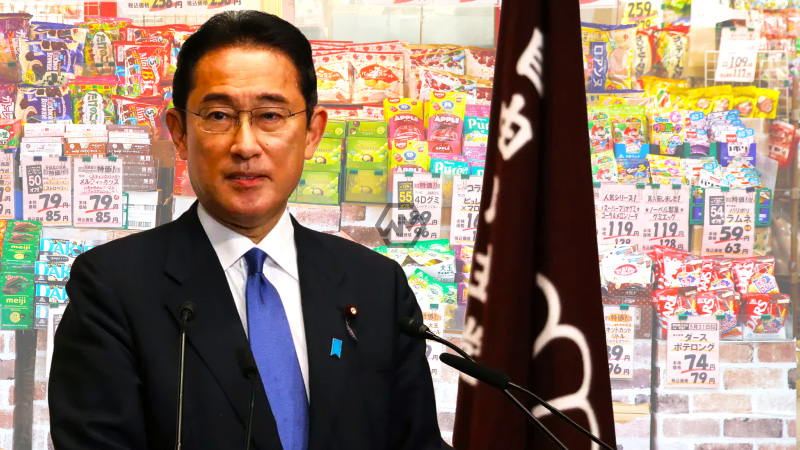- The Japanese government is scheduled to approve an economic package worth over 17 trillion yen.
- The package’s estimated cost of 13.1 trillion yen will be partially funded by a supplemental budget.
- The government intends to spend roughly 2.7 trillion yen to combat inflation.
To assist households impacted by inflation and provide guidance for economic growth beyond the cost-of-living crisis, the Japanese government is scheduled to approve an economic package worth over 17 trillion yen ($113 billion).
When private sector spending on package-related projects is taken into account, the total is predicted to be close to 37.4 trillion yen. The measures’ salient features are a 40,000 yen per person tax cut and payouts of 70,000 yen to low-income households, which exempt them from paying residential and income taxes.
Economic package
The package’s estimated cost of 13.1 trillion yen will be partially funded by a supplemental budget. By the end of November, the government hopes to have parliamentary approval for the budget.
The package intends to keep Japan from sinking back into deflation by providing temporary tax cuts to support Japanese households’ disposable incomes.
Because they will take time to enact into law, opponents and opposition party lawmakers doubt the efficacy of tax cuts as measures to combat inflation.
The government intends to spend roughly 2.7 trillion yen to combat inflation, 1.3 trillion yen to entice businesses to raise wages, and 3.4 trillion yen to jump-start the economy by increasing investment in the chip and other sectors.



